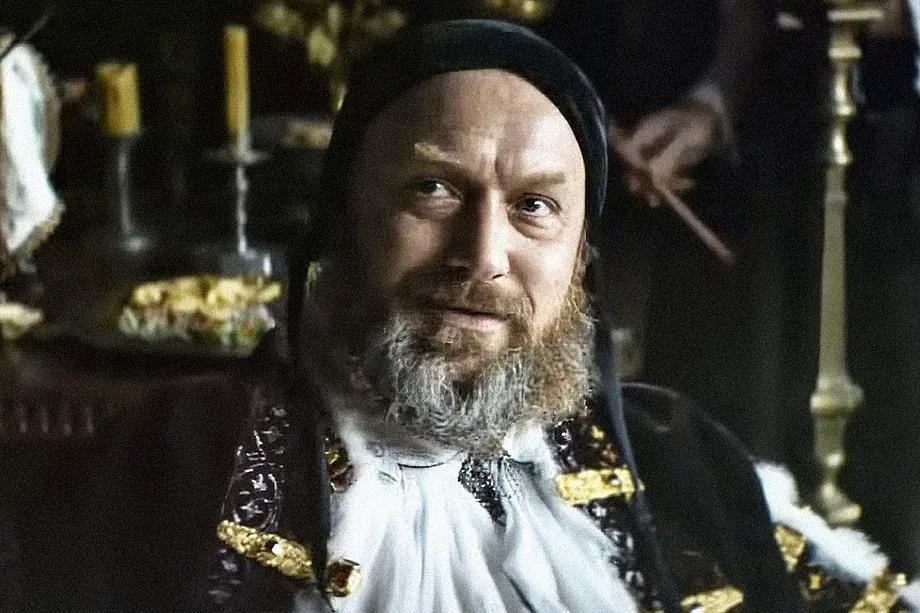They say that the ulcerated leg of Henry VIII emitted such a foul odor that it penetrated the walls and reached "three rooms away." Jude Law took note of this historical detail and asked a perfume specialist to recreate that peculiar odor, made of sweat, blood, and fecal matter. He would smear himself with it every day during the filming of The Last Queen, the movie that is hitting British screens this weekend - and will be released in Spain at the end of October - determined to demystify once and for all the iconic king with six wives, still a symbol of British greatness.
Alicia Vikander, the actress who plays precisely the last queen on the list, Catherine Parr, recounts the repulsion caused by the peculiar scent of her co-star, barely disguised with rose oil. The movie's director, Brazilian Karim Aïnouz, admitted that the smelly decision made filming "a very difficult experience", although in the end, it served to bring undeniable realism to the toughest scenes.
Jude Law himself describes The Last Queen as "the story of a marriage marked by domestic violence, with Henry VIII as the perpetrator of physical and mental abuse" towards his last wife, who survived the fear of ending up confined like Catherine of Aragon (the first wife) or beheaded like Anne Boleyn (the second) or Catherine Howard (the fifth).
The actor acknowledges that his version of the king is the opposite of "that image of Santa Claus" that has prevailed for centuries in the minds of the British, and to which the popular portrait by Hans Holbein contributed so much. The movie is based on Queen's Gambit, the historical novel by Elizabeth Fremantle, which does not mince words when judging the emblem of the Tudor house: "All those women were innocent, and he was a monster".
In statements to the BBC, Fremantle warns that her book and the movie reflect the cultural change that has occurred in the UK and other parts of the world, with a reevaluation of the role of women in history: "When I started researching, there was still a glamour associated with Henry VIII that no longer exists. Historians have done a great job in recent years. I think we have begun to see him through another lens because now he fits into a stereotype of male behavior towards women."
The movie's director, Karim Aïnouz, admits to having loosely drawn inspiration from contemporary characters - "One of the first was Donald Trump" - to bring to life this version of Henry VIII adapted to the #MeToo era: "I wanted to almost perform an autopsy on him. It was very important to delve into the process and how he became that huge patriarch, almost comparable to a mafia boss. That's how monarchs operated at that moment in history, mafia-style." In his very personal and nauseating version of the "malodorous" king (applauded for eight minutes at the Cannes Film Festival), Jude Law treads the path laid by Charles Laughton in The Private Life of Henry VIII and distances himself as much as possible from the glamorous version by Jonathan Rhys Meyers in the TV series The Tudors.
"We cannot forget that Henry VIII was also the golden boy, with great potential: musician, athlete, dancer," admits Law, unrecognizable in the role. "Self-deception and madness began to take hold of him with so many people reminding him for over 50 years that he was second only to God and had the power to use violence against anyone who disagreed with him."
